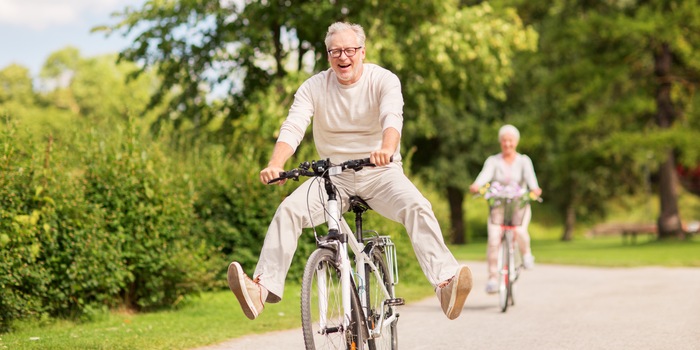

We feel young for longer and longer
Most people feel younger than they are in years. This subjective rejuvenation effect not only increases with age, but also from generation to generation.
It was already known that most people from midlife onwards do not feel as old as they objectively are. The group led by psychologist Markus Wettstein from Berlin's Humboldt University now wanted to find out how this effect changes not only with increasing age, but also across generations.
The analysis of the SOEP data showed that, on average, people in Germany feel around 11.5 per cent younger than they actually are - so at the age of 60, they feel like they are in their early 50s on average. Although subjective age also increases with age, it does not increase at the same rate as true age, but at an increasingly slower rate: the rejuvenation effect increases by 1.6 per cent every ten years.
According to our own perception, we are ageing ever more slowly
And the effect even increases with each generation. People today are subjectively ageing more slowly than they did 10, 20 or 30 years ago. On average, a 60-year-old today feels two per cent younger than a 60-year-old ten years ago. This means that the "younger" generations, born between 1952 and 1974, feel 13 per cent younger at the age of 40 and up to 17 per cent younger than they are at 65.
However, not everyone feels young to the same extent. On average, it is stronger for women than for men and stronger for West Germans than for East Germans. It is also less pronounced among lonely and chronically ill people.
Spectrum of science
We are a partner of Spektrum der Wissenschaft and want to make well-founded information more accessible to you. Follow Spektrum der Wissenschaft if you like the articles.
[[small:]]
Cover image: Shutterstock
Experts from science and research report on the latest findings in their fields – competent, authentic and comprehensible.
From the latest iPhone to the return of 80s fashion. The editorial team will help you make sense of it all.
Show all